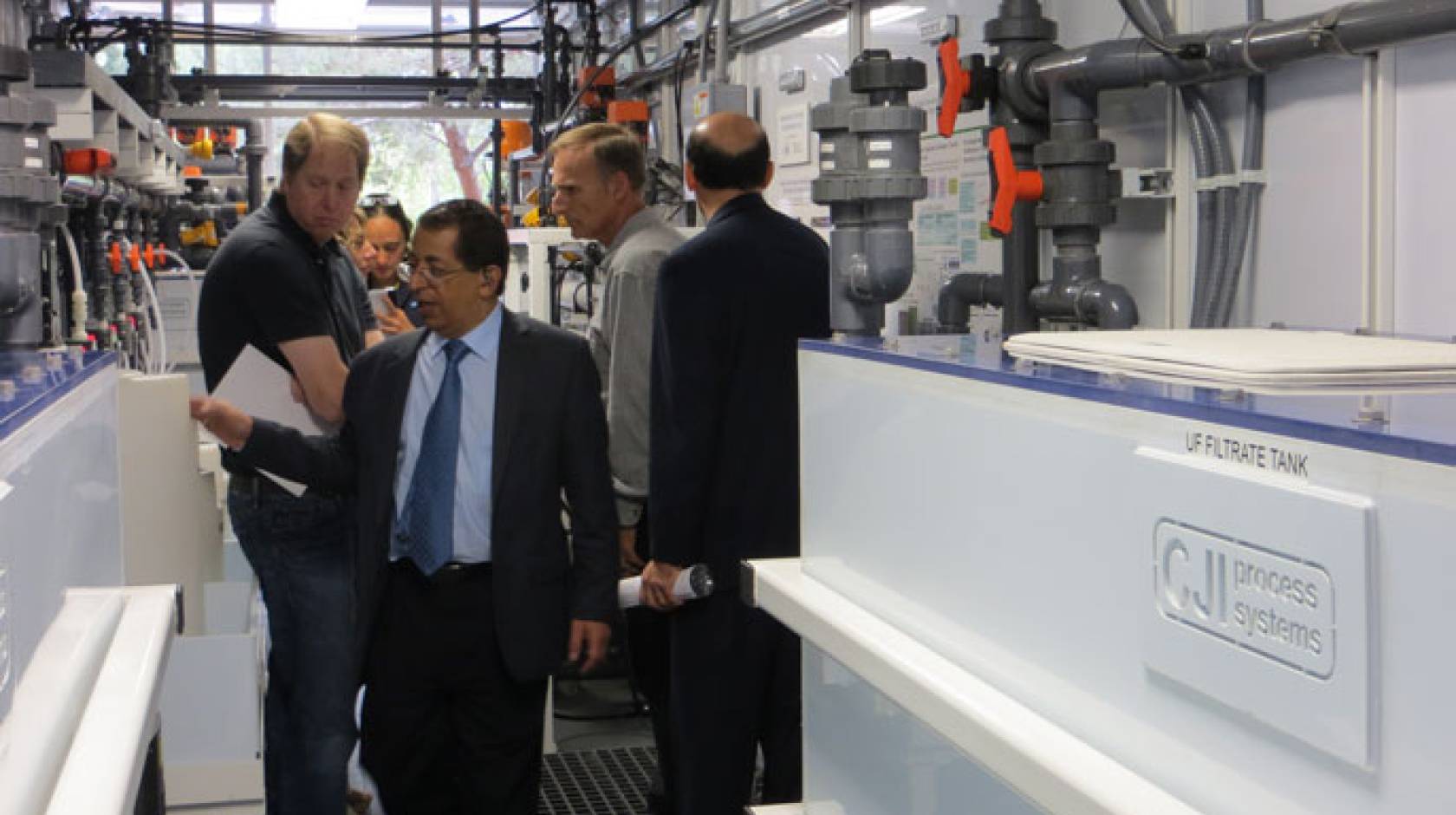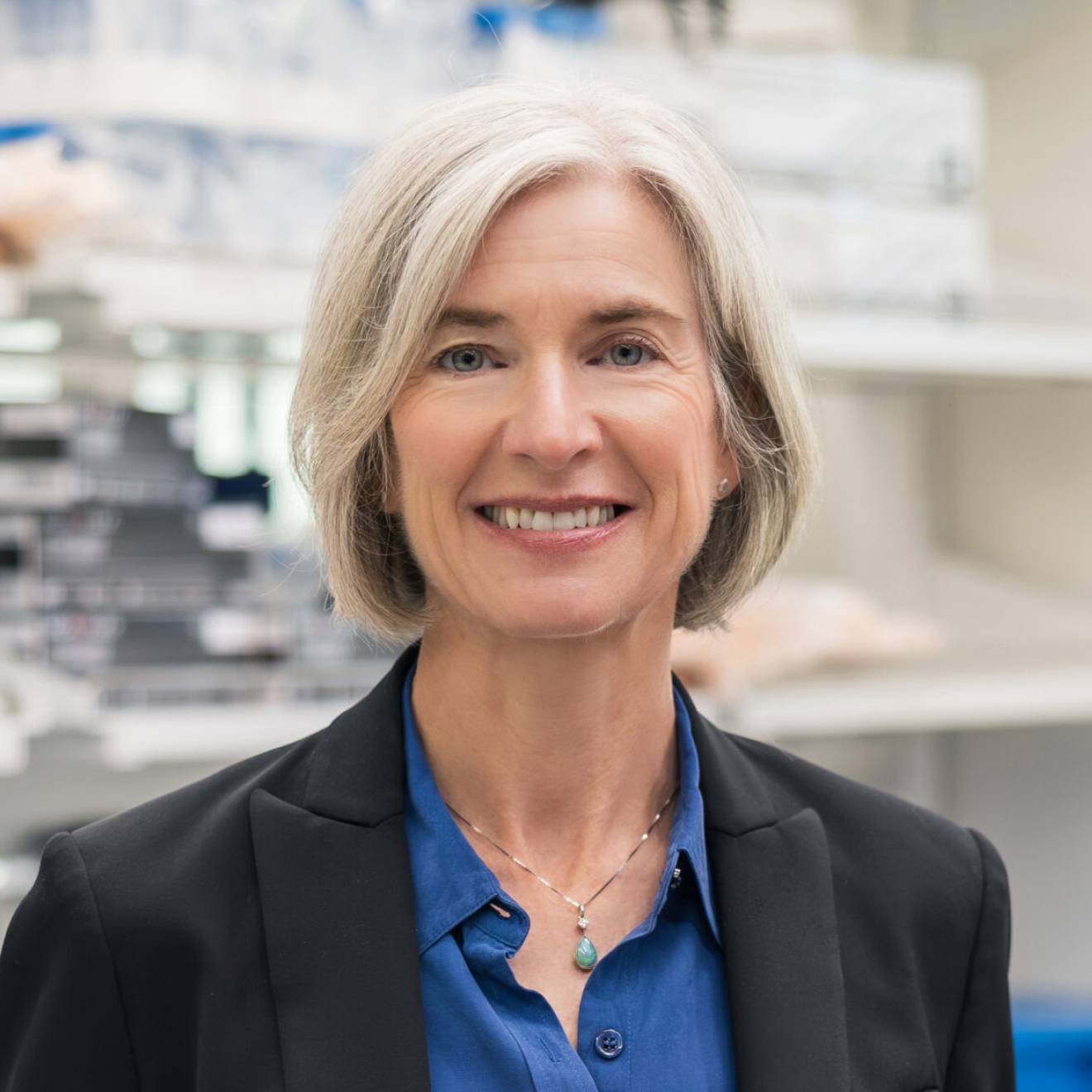Alison Hewitt and Bill Kisliuk, UCLA

As part of the United Nations World Water Day on March 22, UCLA will take part in Tuesday’s White House Water Summit that aims to raise awareness of water challenges in the United States.
UCLA engineering professor Yoram Cohen will attend the summit (live stream) to represent the university’s extensive work in making water resources more sustainable and secure. Cohen is a leader in desalination technologies and smart water systems, and a member of UCLA’s Sustainable LA Grand Challenge, which aims in part to transition Los Angeles County to exclusively local water by 2050.
UCLA has recently announced nearly $3.5 million in funding for new water-related research in alignment with the Sustainable LA Grand Challenge, including more than $835,000 directly funded by Sustainable LA. The university and a growing list of external partners are working together on the UCLA Grand Challenge, a university-wide research initiative to transition the Los Angeles region to 100 percent renewable energy, 100 percent local water and enhanced ecosystem health by 2050.
Cohen, a professor of chemical and biomolecular engineering at the UCLA Henry Samueli School of Engineering and Applied Science and a member of the UCLA Institute of the Environment and Sustainability, has multiple projects to support water sustainability and security, including:
- Smart distributed water systems: Cohen’s lab is developing and testing technologies for remotely monitored and controlled autonomous water-treatment and purification systems. These systems are designed to serve communities and small towns whose water supply is compromised by drought or groundwater contamination. In the first two years of the project, distributed water systems will be deployed in three or four remote and disadvantaged communities in California — each with no more than 60 households — that do not have access to safe drinking water.
- Affordable water desalination: Cohen’s group seeks to reduce the operational and energy costs of water treatment and desalination systems. The group hopes to achieve a cost decrease of 30-50 percent in smart water-treatment and desalination systems through advanced monitoring of reverse-osmosis membrane and filtering processes, among other strategies.
In recent years, Cohen’s lab developed a mobile water-treatment plant designed to reduce the costs of removing salt and harmful solids out of brackish groundwater and agricultural runoff. The plant, installed in a 40-foot cargo container, is able to produce about 30,000 gallons of drinking water a day. The system treats water at a cost of less than 30 cents per 1,000 liters, compared to the cost of $1 to $3 per liter for bottled water.
These research projects complement UCLA’s collaboration with the City of Los Angeles to construct a satellite wastewater treatment plant that is expected to provide UCLA with at least 360 million gallons per year of recycled water—supporting the university’s goal to reduce potable per-capita water use on campus 36 percent by 2025.

